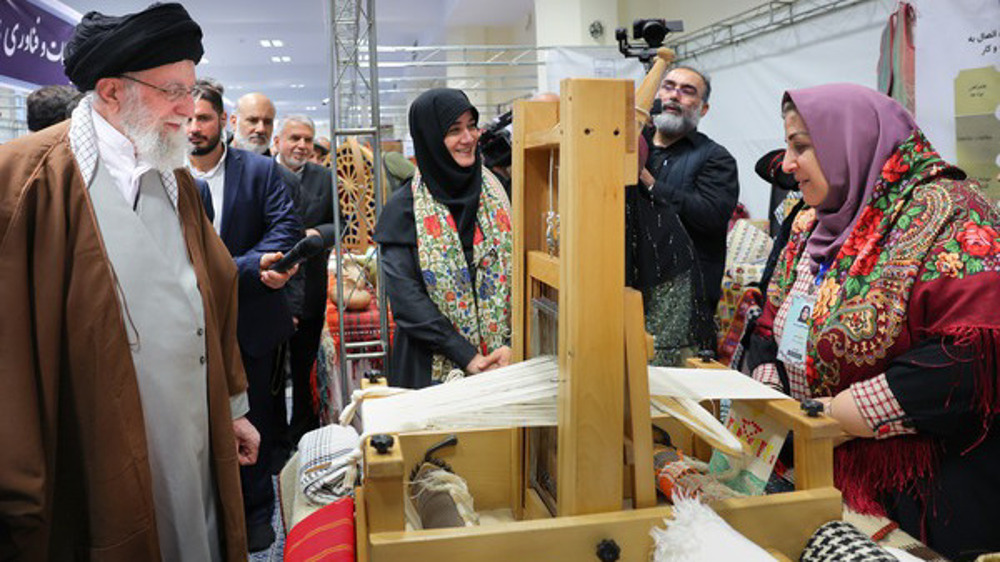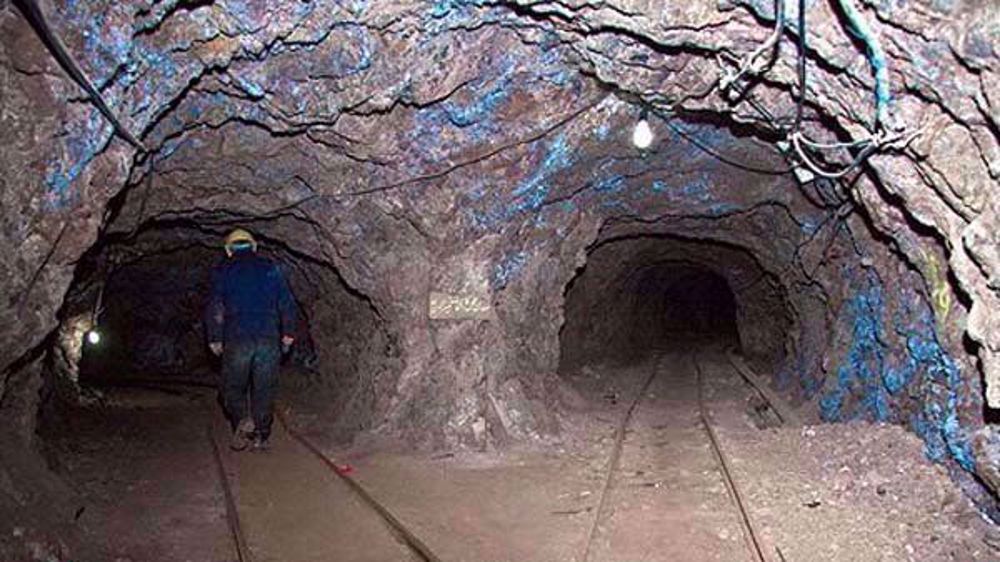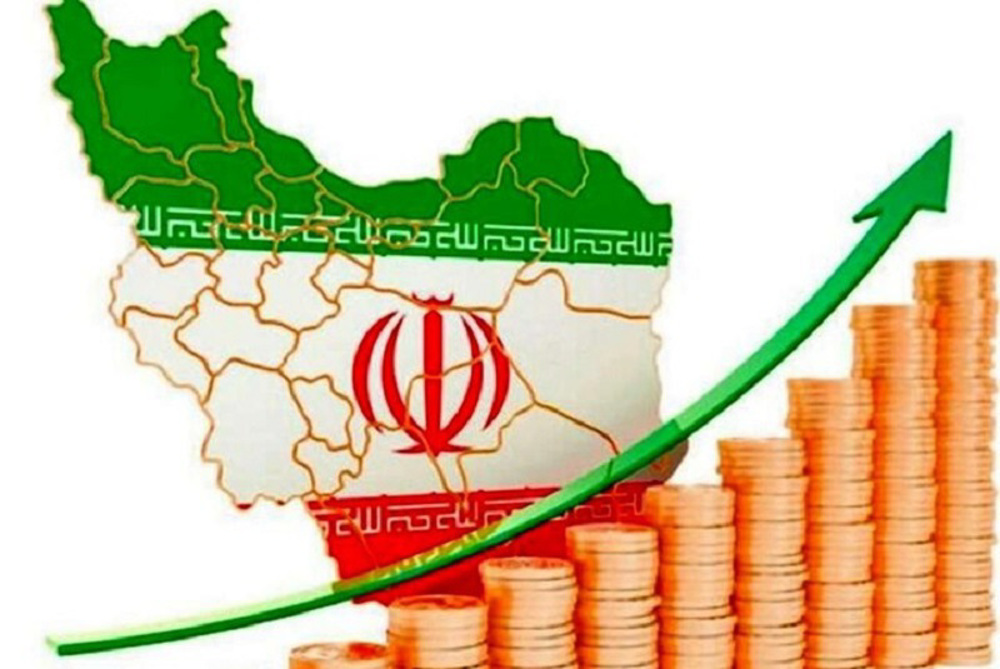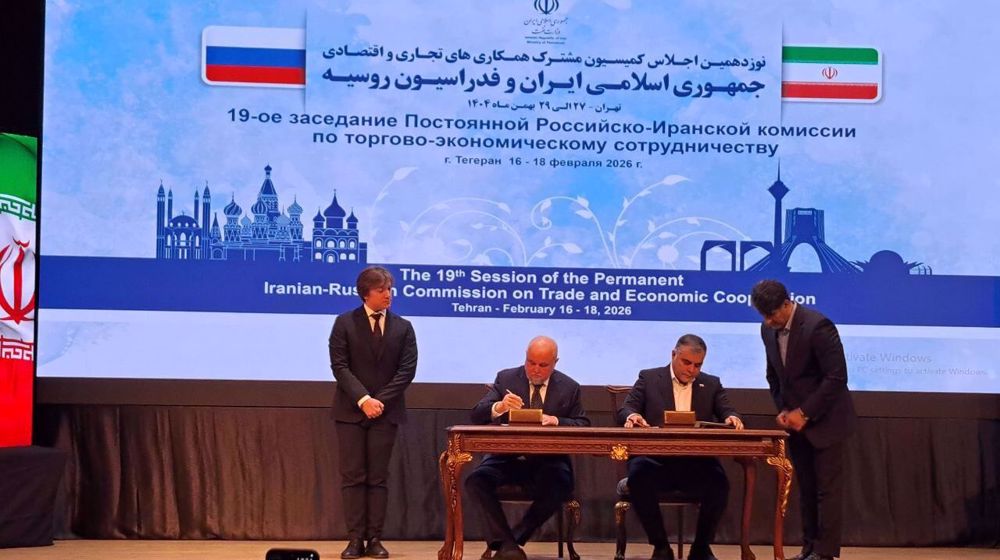Unleashing potentials of Iran’s private sector for growth
Leader of the Islamic Revolution Ayatollah Seyyed Ali Khamenei on Tuesday visited an exhibition of the achievements and capabilities of the private sector held in Tehran where he underlined the need for the administration to empower the sector.
The exhibition, “Pioneers of Progress”, featured Iran-made products used in IT, aerospace, AI and aviation plus those in mining, oil, gas, and petrochemical, steel and aluminum, home appliances, marine, carpet, energy, textile, medical and pharmaceutical, stem cells, agriculture and tourism industries.
Turning to state officials and ministers tagging along, the Leader stressed that “the progress of the country depends on giving scope to the private sector, and the only way to advance it is to use the capacities and capabilities of the private sector”.
On Wednesday, Ayatollah Khamenei heard from a group of private manufacturers who called on him to share their views on how to achieve a leap in production. The Leader has named the current Iranian year which ends in March as the year of the “surge in production through people’s participation”.
The private sector is a key driver of demand for skills and a vital source of employment and economic growth in Iran, with a string of achievements to its name.
According to the terms of the Constitution under Article 44, Iran’s economic system is composed of public, cooperatives, and private sectors.
The private sector includes those portions of the economy that supplement enterprises controlled by the government and cooperatives in agriculture, livestock, industries and services.
The government sector is driven by public interest and aims to provide essential services to citizens, while the private sector thrives on innovation and competition.
In general, the reduction in government ownership especially in affairs related to financial, commercial and industrial transactions creates a competitive business environment which helps the private sector thrive.
For example, government ownership of banks is usually associated with slower subsequent financial development, lower profitability, and lower efficiency compared to privately-owned banks. According to empirical studies, state-owned banks usually lend to less profitable but socially beneficial projects. Another explanation argues that public lenders are influenced by politicians and governments.
As for Iran, a common criticism is that the general policies of Article 44 enshrining the role of the private sector in the economy are not properly implemented – an issue which Ayatollah Khamenei has taken several times with state officials in different administrations.
Estimates show that more than 70% of Iran’s economy is controlled by the state and pseudo-state institutions, whereas more than 85% of the employed workforce is in the private sector, indicating its importance in generating jobs and shouldering the country's economic burden.
There is a positive correlation between productivity growth and employment. The private sector tends to be more efficient than the public sector because the private sector is primarily profit-driven.
While economic growth is the key to job creation, it is important that growth occurs in sectors that have the potential to absorb labor at a large scale.
The obvious solution to achieve this goal - as stressed by the Leader on Tuesday - is to empower the private sector, and boost privatization and entrepreneurship that leads to the proliferation of small and medium enterprises (SMEs).
Small enterprises, contrary to what their name implies, play an important role in the development of an economy and include a large range of industries. Given the scale of their activities, they are also immune to sanctions to a large extent.
In recent years, the number of small knowledge-based enterprises has increased in Iran, making crucial contribution to breaking many fetters of the US-led sanctions.
During the height of sanctions, when Iran faced serious problems in repatriating its proceeds from exports, the private sector stepped in to avert a possible exchange crisis. In addition, most of the international companies are only willing to cooperate with the private sector.
Iran’s private sector maintains a great potential to offer in terms of resources, expertise, innovations, assets, and core business. One of the manifestations of democracy is the participation of people in economy and the Islamic Republic, as a religious democratic model, staunchly supports it.
As stressed by Ayatollah Khamenei, state officials need to work closely with national businesses to harness the country’s collective strengths for growth and development.
China overtakes US as Germany’s top trading partner
VIDEO | Displaced Gazans struggle to find clean water amid Ramadan
VIDEO | Pakistan strikes militant camps along Afghan border after suicide bombings
Iran FM: Chance still exists for win-win solution to nuclear issue
Denmark rejects Trump's plan to send US hospital ship to Greenland
US Secret Service kills man trying to enter Trump’s Mar-a-Lago estate
US-Israel digital wallet scheme risks placing aid under Israeli control in Gaza: Euro-Med
VIDEO | US support for Israel’s expansionist agenda










 This makes it easy to access the Press TV website
This makes it easy to access the Press TV website